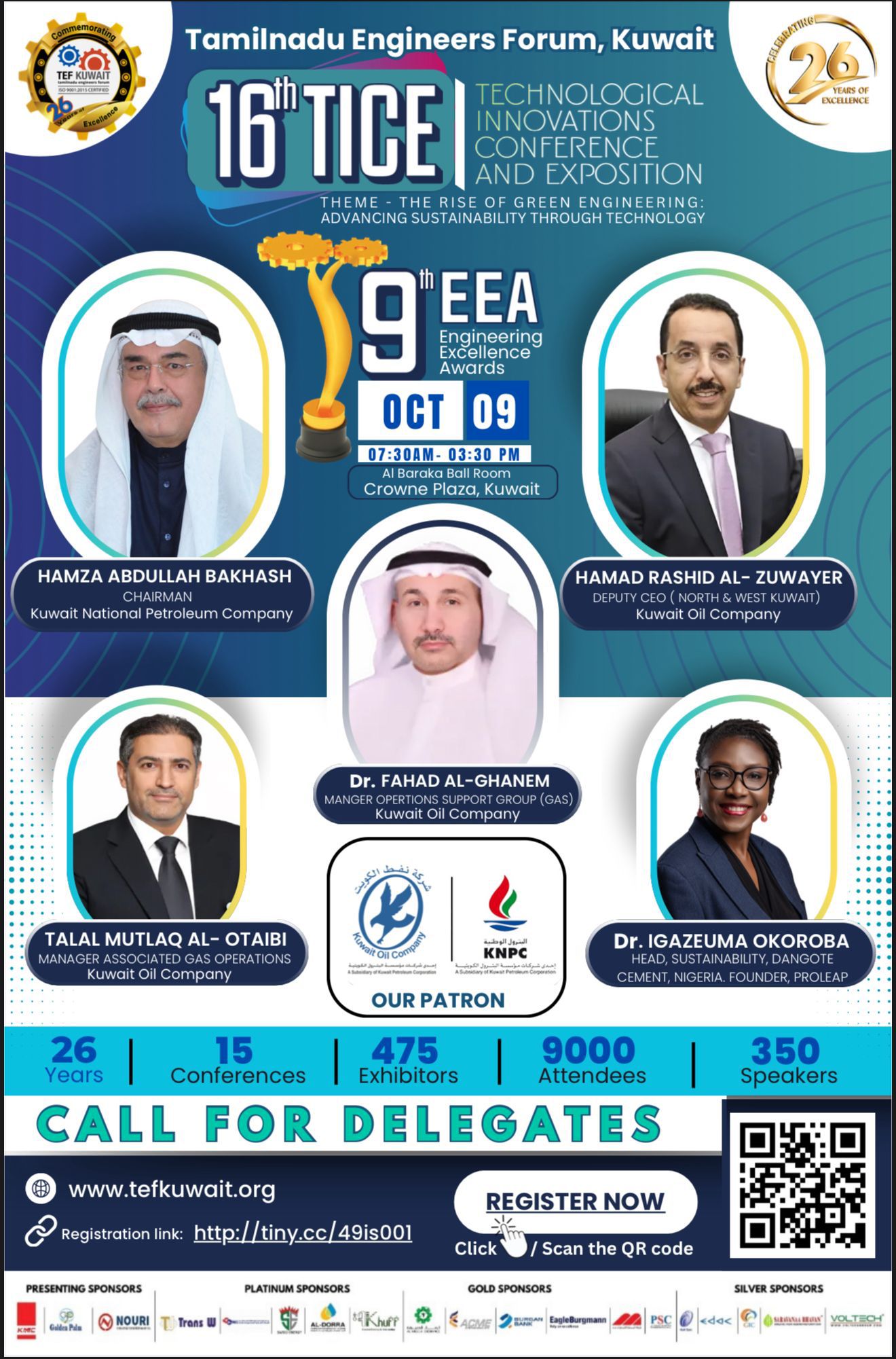Prior to the peak summer demand, Kuwait increases its strategic water reserves to 96%
According to ministry sources, the reserve increased to more than 96 percent of total storage capacity, ensuring stability in supply throughout the high-demand period, reports Al-Jarida daily.
The ministry reported that the highest daily water consumption was recorded on June 4 at 533 million imperial gallons, while the lowest was on July 4, at 504 million gallons.
Officials noted that advance plans were implemented ahead of summer to boost reserves and maintain balance in the water system through ongoing production projects, ensuring citizens and residents received uninterrupted service.
The ministry urged the public to continue conserving water, emphasizing that rationalization should become a daily practice given Kuwait’s scarcity of natural freshwater and its full dependence on seawater desalination.
It also highlighted that several expansion projects are underway to enhance production and storage capacity, supporting population growth, urban development, and long-term water security.
Among these is the comprehensive water system project in Mutlaa City, currently being executed for early operational use.
In parallel, the ministry continues to prioritize regular maintenance of pumping stations, main reservoirs, and distribution networks to guarantee efficient operations and minimize sudden disruptions.
Separately, the ministry’s official spokesperson, Engineer Fatima Hayat, announced that routine maintenance work on power generation units, transmission networks, and transformer stations will begin tomorrow. The initiative forms part of the ministry’s annual plan to boost system efficiency, enhance operational readiness, and reduce emergency outages.
Hayat explained that some maintenance activities may cause temporary power interruptions in specific areas, according to pre-announced schedules.
She assured that affected customers will be notified through the “Sahl” government application based on their registered Civil Information data, with real-time updates available on the ministry’s official social media channels.
She concluded by reaffirming that these measures align with the ministry’s ongoing efforts to modernize its networks and elevate service quality, thanking citizens and residents for their cooperation and understanding.





